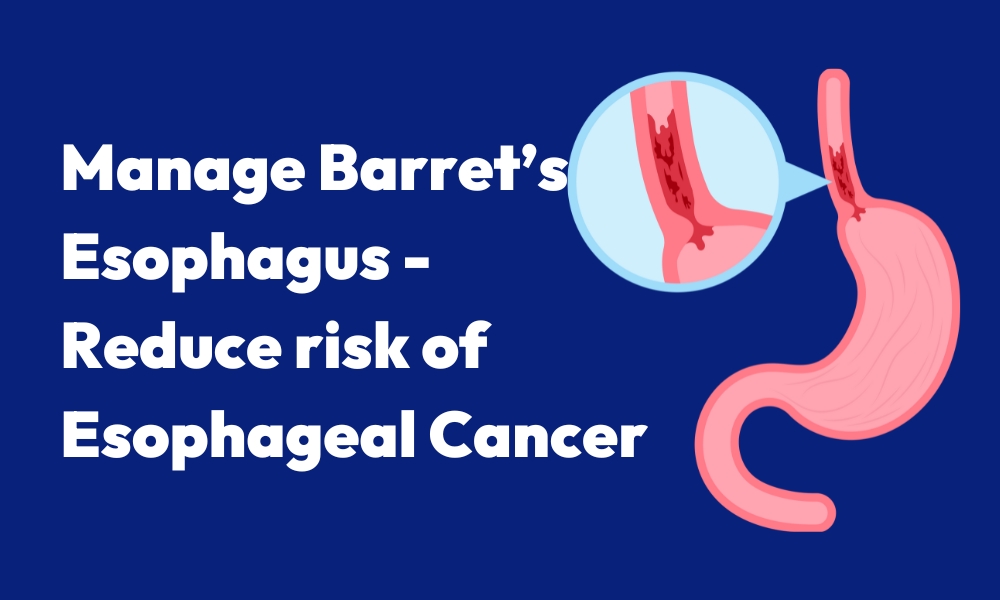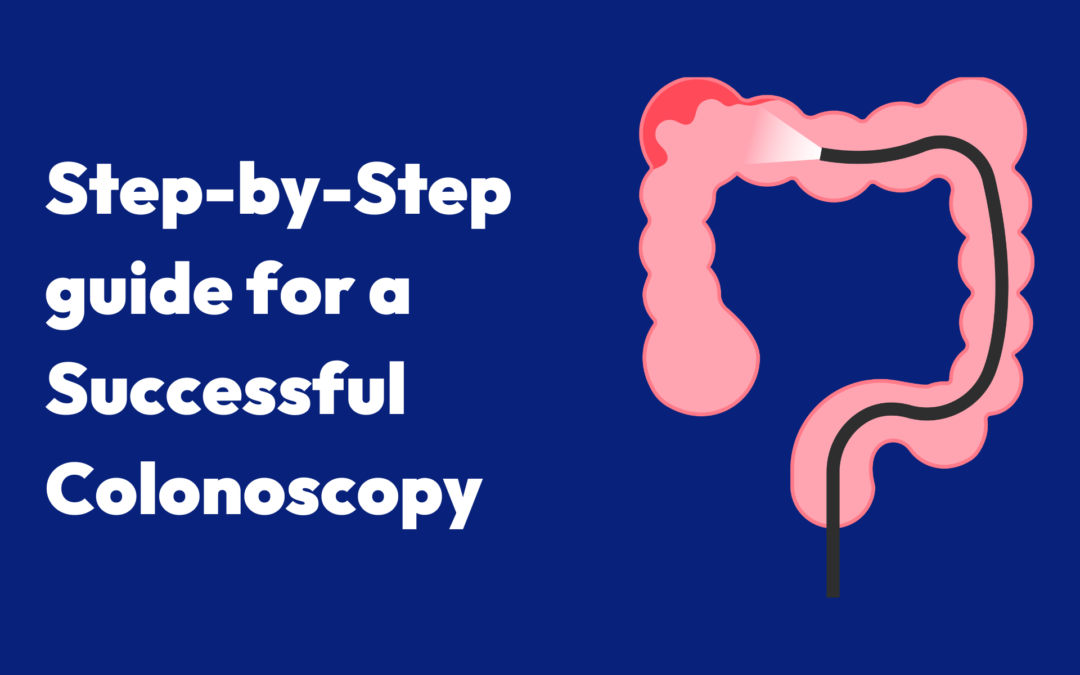Irritable Bowel Syndrome (IBS) is a common gastrointestinal disorder estimated to affect 10-15% of the global population. The hallmark symptoms of IBS include abdominal pain, bloating, constipation, and diarrhoea. While rarely life-threatening, IBS can significantly impact one’s quality of life.
Suppose you are one of the many suffering from IBS. In that case, you may wonder how to find relief naturally without relying solely on medications. This blog post will explore natural remedies, lifestyle changes, and tips for managing IBS holistically.
Understanding IBS and Its Symptoms
IBS is classified as a functional gastrointestinal disorder, meaning there is no visible structural damage or disease present. The exact causes are unknown but likely involve muscle contractions in the intestine, nerve sensitivity, inflammation, and the gut-brain connection.
The most common signs of IBS include:
- Abdominal pain and cramping that is relieved after a bowel movement
- Bloating and gas
- Diarrhea
- Constipation
- Alternating constipation and diarrhoea
- Mucus in the stool
While unpleasant, IBS symptoms are typically not dangerous or life-threatening. However, they can significantly impact one’s quality of life. This makes finding effective management strategies essential.
The Benefits of Natural IBS Symptom Relief
When evaluating options to alleviate IBS issues, Prescription medications can sometimes provide symptom relief. However, it is best to start with natural remedies whenever possible.
Taking a natural approach allows you to address the root causes and not just mask the symptoms. Natural alternatives can include changes in diet, stress management, supplements, and complementary therapies.
Additionally, natural and lifestyle measures empower you to play an active role in feeling better. This can improve your outlook and sense of control over IBS.
Effective Natural Remedies for IBS Relief
Here are some of the top natural remedies to consider for alleviating irritable bowel syndrome:
1. Adjust Your Diet
Eliminating trigger foods and eating gut-soothing foods can make a big difference. Avoid problem foods like dairy, beans, bran, caffeine, alcohol, and fatty foods.
Focus on high-fiber foods like fruits, vegetables, and whole grains. Soluble fibre like oats, nuts, and berries can be beneficial for both diarrhoea and constipation. Stay hydrated with water and herbal teas.
2. Take Targeted Supplements
Certain supplements can help provide relief from IBS discomfort:
– Probiotics replenish gut-friendly bacteria. Look for broad-spectrum blends.
– Peppermint oil capsules can relax intestinal muscles and ease pain.
– Soluble fibre supplements add bulk to stool and improve regularity.
– Vitamin D supports immune regulation and gut health.
Discuss quality supplement options with your healthcare provider.
3. Explore Alternative Therapies
Complementary health approaches like acupuncture, massage therapy, and mind-body interventions can support IBS relief.
Acupuncture may reduce pain and improve quality of life. Therapeutic massage aids digestion and decreases anxiety. Relaxation techniques like meditation, yoga, or cognitive behavioural therapy can minimize stress.
4. Take Steps to Reduce stress
Stress significantly exacerbates IBS symptoms. Practising regular relaxation, getting quality sleep, enjoying hobbies, and having social support all help manage stress long-term. Consider mind-body practices like meditation, yoga, deep breathing, or progressive muscle relaxation. Seeking counselling may also be beneficial.
5. Exercise Regularly
Regular physical activity helps relieve abdominal discomfort, improve bowel motility, and lower stress. Aim for 30 minutes of moderate exercise daily, like walking, swimming, or cycling. Yoga offers stretching, mindfulness, and breathing for whole-body benefits.
Reach out to us for best digestive health care
We are top gastroenterology medical clinic in Shavano Park, Texas. Don’t take our word for it, check out our reviews
👉 here.
Making Lifestyle Changes to Manage IBS
Along with the natural remedies above, adjusting certain lifestyle factors can support irritable bowel syndrome relief on an ongoing basis:
- Keep a symptom journal – Track triggers like food, stress, and sleep to identify patterns.
- Prioritize sleep – Aim for 7-9 hours of quality sleep per night.
- Manage stress – Make self-care and relaxation part of your daily routine.
- Stay hydrated – Drink adequate water and herbal teas throughout the day.
- Add probiotic foods – Try kefir, kombucha, kimchi and other fermented options.
- Consider dietary changes – Work with a dietitian to adjust your eating plan.
- Get moving – Make physical activity part of your daily routine.
Knowing When to See a Doctor
Natural remedies can go a long way in taming IBS symptoms for many people. However, it is essential to see your doctor if you experience any of the following:
– Blood in your stool
– Unexplained weight loss
– Severe or progressively worsening pain
– No improvement after trying elimination diets
– Intense diarrhoea lasting more than 3 days
– Fever or vomiting along with IBS symptoms
– Symptoms that disrupt sleep or daily life
Seeing a gastroenterologist can help rule out other potential conditions and get you on the right path. You may need further testing, medication, or speciality care. Being under a doctor’s care ensures proper monitoring and treatment if natural remedies are insufficient on their own.
Combining Natural Relief with Medical Treatment
The most effective approach for managing irritable bowel syndrome often includes natural remedies and medical treatment. Work with your doctors to explore options like:
Prescription medications – antispasmodics, low-dose antidepressants, antibiotics
Nutritional supplements – probiotics, peppermint oil, fibre
Diet and lifestyle changes – with guidance from a dietitian
Complementary modalities – acupuncture, cognitive behavioural therapy
Stress management and relaxation techniques
Finding the right balance of natural relief, medications if needed, and lifestyle adjustments provides optimal control of IBS symptoms. Be patient – finding your perfect protocol may take some trial and error. However, gaining lasting relief from IBS discomfort is possible.
The key is being proactive and using all the tools available to you. Natural remedies serve as the first line of defence before considering medications. Feel free to check with your gastroenterologist if symptoms persist or if natural options alone are not providing adequate relief. With the right integrative approach, you can successfully minimize the impact of IBS and improve your quality of life.




